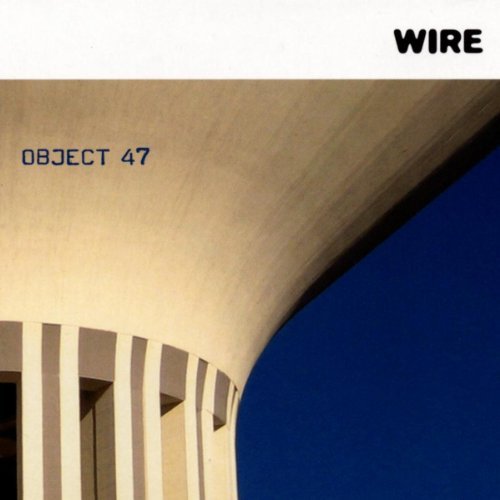
Wire
Object 47
Release Date: Jul 15, 2008
Genre(s): Rock, Experimental, Punk
Record label: Pink Flag
Music Critic Score
How the Music Critic Score works
Buy Object 47 from Amazon
Album Review: Object 47 by Wire
Exceptionally Good, Based on 4 Critics
Based on rating 9.0/10
Usually, when a band has been around for 30 years and is most famous for the material produced in its first five years, the praise for new albums tends to reward the band for music made decades in the past. There may be no band that fights against this phenomenon more than Wire. This is a band that trumped all the first-wave punk bands with its watershed debut, 1977's Pink Flag, and then immediately wiped the slate clean with the post-punk classic Chairs Missing the following year.
Based on rating 8/10
Although a playful, self-referential title marks the 47th entry in Wire's discography, the band definitely isn't looking back. Some familiar motifs inevitably resurface, but there's no such thing as a predictable Wire album: that's especially true of this, their first without guitarist Bruce Gilbert. Overall, Object 47 is the antithesis of Send, its immediate predecessor.
Based on rating 8/10
My favourite Wire album is Chairs Missing. Released only eight months after the band’s debut, the more immediate, punky Pink Flag, it captured an inventive young band developing at an exponential rate in terms of both songwriting and musicianship. Next month marks the thirtieth anniversary of Chairs Missing’s release. It’s amazing really – there aren’t many records from 1998 that sound as fresh and as interesting today as this outstanding post-punk document.
Opinion: Fairly Good
Even though this is Wire's 47th recording (counting EPs, singles, live albums and god knows what else), the band's reputation still mostly rests on its three groundbreaking albums in the late 1970s: Pink Flag, Chairs Missing and 154. When people say that something "sounds like Wire," they mean it sounds like these three records – either brash and fast and loud like the first two, or tentatively melodic, experimental and synthy like the third. They forget, for the most part, that Wire itself didn't sound like Wire for much of the late ’80s and early ’90s, that in those dance-influenced, synthetic years, Wire actually sounded more like New Order.
'Object 47'
is available now

